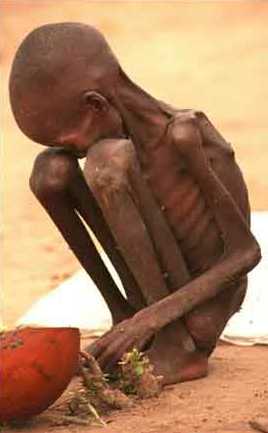
After Mr. Lawler showed us the blog post in class yesterday about the solider that killed five of his comrades in Baghdad, I was able to find an article with an update of the latest information that has been released about the tragic event. On his third tour in Iraq, 44 year old Sgt. John M. Russell of the 54th Engineer Battalion, was charged with five counts of murder and one count aggravated assault at the Combat Stress Clinic at Camp Liberty in Baghdad. Two victims were staff at the clinic and the others were soldiers. Although his concerned commanders' referred him to counseling a week earlier and confiscated his weapon, Russel got into an argument with someone at Camp Liberty and grabbed another service member's weapon, returned to the clinic, and opened fire.
This shooting, although the most severe of kind, seems to be apart of a rising trend of disturbed soldiers. In a recent study it was found that "multiple lengthy deployments to war zones have led to a sharp rise recently in suicides and diagnoses of post-traumatic stress disorder." One in six returning soldiers from Iraq show signs of post traumatic stress disorder and other emotional issues and the suicide rate of soldiers is on the rise. This is a concerning finding. The style modern warfare is causing injury to soldiers to not only be physical but also mental. In an effort to reduce this statistics, military leaders have sought to educate service members about combat stress and its symptoms. However, as this tragic indecent proved, it has not been enough. What can the U.S. goveenment do to further educate and aide suffering soldiers? How can the combat stress facilities be restructured to be more effective? The latest deaths bring the number of U.S. soldiers killed in Iraq during the six-year war to about 4,292. according the the Associated Press count.
http://www.washingtonpost.com/wp-dyn/content/article/2009/05/12/AR2009051201127.html










